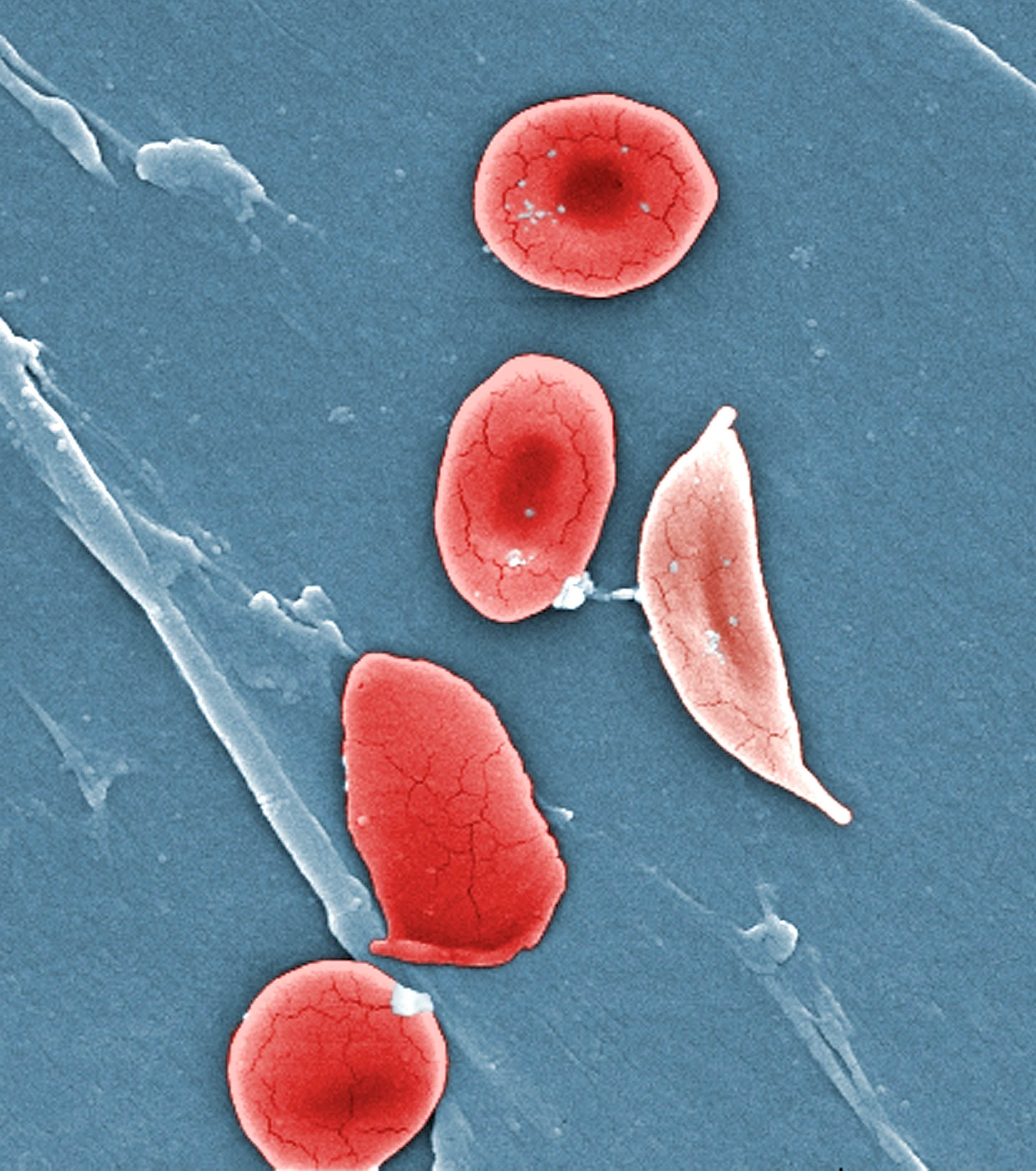
September Brings Awareness to Sickle Cell Disease
In 1983, the federal government designated September as National Sickle Cell Awareness Month in an effort to bring awareness to the disease and focus on the need for research and treatment (American Society of Hematology).
What is Sickle Cell Disease?
Sickle Cell Disease (SCD) is a life-long illness that affects between 90,000 and 100,000 Americans, primarily those of African descent. About one in every 13 African Americans is born with the sickle cell trait and one in every 365 black children is born with the sickle cell disease (National Heart, Lung, and Blood Institute). The disease is also fairly common among people who come from Hispanic or Middle Eastern backgrounds.
SCD is an inherited blood disorder where the red blood cells contain an abnormal type of hemoglobin, the substance that helps carry oxygen throughout the body, according to the Sickle Cell Disease Association of America, Inc. The resulting red blood cells become sickle-shaped and are unable to pass through the small blood vessels, preventing them from reaching tissues throughout the body. The blockage of blood flow and oxygen transfer to the tissues can cause pain and infection that could result in serious complications such as stroke and organ damage.
Is there a Cure?
Currently, the only cure for the SCD is Hematopoietic Stem Cell Transplantation (HSCT). This procedure is not appropriate for everyone suffering from SCD. Usually, children who have experienced complications and have a matched stem cell donor receive HSCT. For people who are not considered candidates for HSCT by their doctors, treatment options include pain management, transfusion therapy, and certain medications.
What you can do to help
Because transfusions are often used to treat anemia and prevent strokes from SCD, it is important that Stanford Blood Center has the blood products on hand necessary to treat patients in our community. Make an appointment to donate on our website or call 888-723-7831. You never know who you could be helping with just an hour of your time.
Resources:
http://www.hematology.org/Advocacy/Policy-News/2011/938.aspx
http://www.nhlbi.nih.gov/health/educational/sickle-cell-awareness
